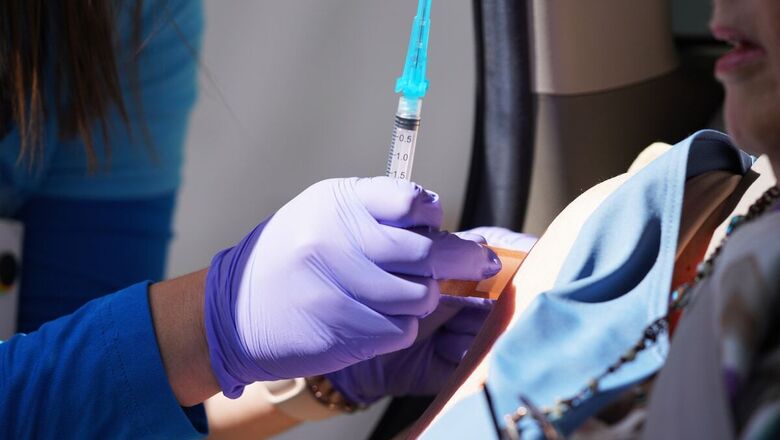
views
As India is still healing from the damages done by the second wave of Covid-19, preparations for the possible third wave are undergoing by strengthening health infrastructure. On June 23, 50,848 new cases were reported in the last 24 hours in India, taking the overall cases over 30 million and the death toll rising to 3,90,660.
Meanwhile, the vaccination drive has also picked up pace in the country with a total of 29,46,39,511 doses being given till June 23 that has fully vaccinated 3.8 per cent of India’s population, while 15 per cent have received their first dose since the vaccination drive in January, as per Ministry of Health and Family Welfare website.
As India aims to vaccinate all its citizens by the end of this year, it has presently approved three Covid-19 vaccines — Bharat Biotech’s Covaxin, Serum Institute of India’s Covishield and Russia’s Sputnik V. All three are two-dose vaccines and the gaps between the two doses vary for each one.
According to the Central government, a gap of 12-16 weeks is sufficient for Covishield doses, 4-6 weeks for Covaxin while it is 21-90 days for Sputnik V. For each of them, it takes a couple of weeks after the first shot to build immunity. Because vaccines are relatively new and we are still learning about how they function to build immunity, the most important question asked is how long does it take to build immunity after the jab?
According to World Health Organization’s Dr Katherine O’Brien, it takes two weeks for a good immune response to kick in after the first dose and the second dose boosts that initial immune response, making the immunity stronger again within a shorter period of time.
Covid-19 vaccines teach our immune system to recognize and fight the virus by injecting similar virus response to the body.As the process of immunity building takes two weeks after the vaccination, it means that the person could still get infected after the jab.
Read all the Latest News, Breaking News and Coronavirus News here.
















Comments
0 comment